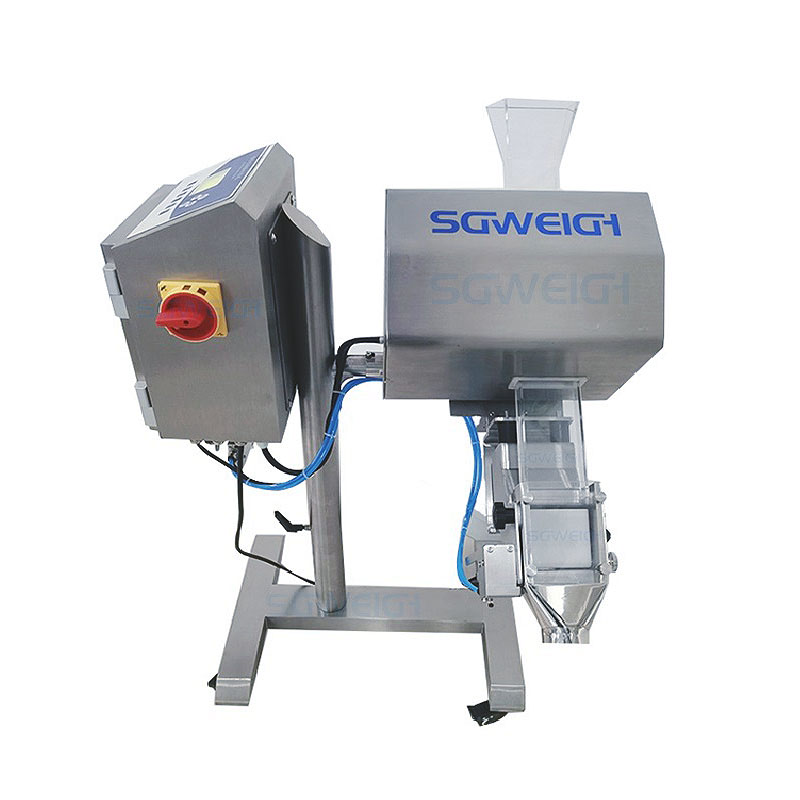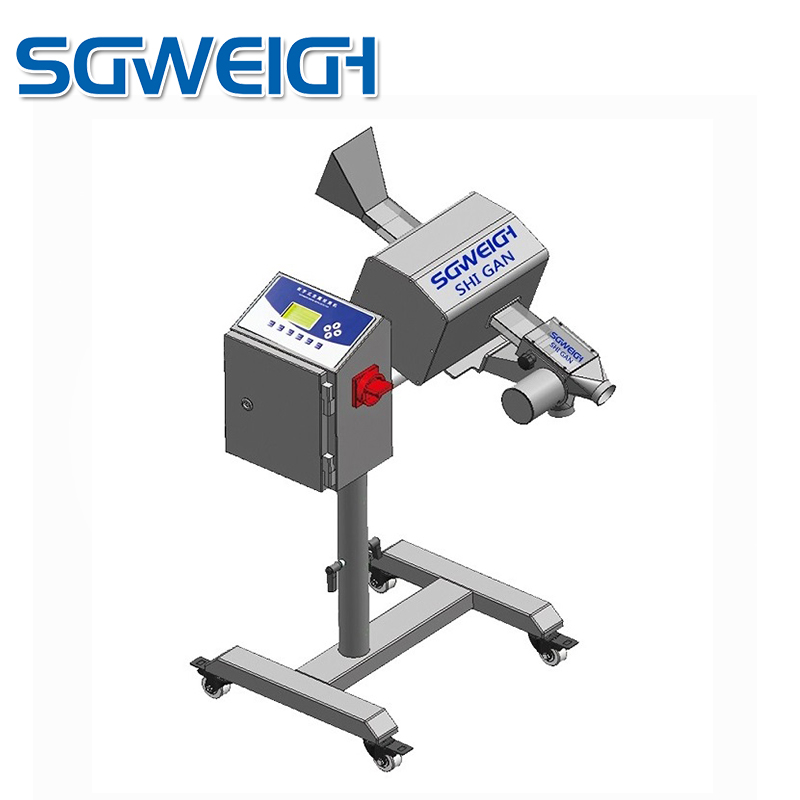How To Operate The Food Metal Detector Correctly?
2023-02-20


Customization & Wholesale Metal Detector Machine Manufacturer Since 2010
Metal Detectors for Tablets and Capsules are used to id […]
Metal Detectors for Tablets and Capsules are used to identify and remove metal contaminants that may be introduced during production processes such as milling, blending, or tablet pressing.
In the pharmaceutical industry, metal detectors are essential for ensuring the purity and safety of products like tablets, capsules, and powders.Metal Detectors for Tablets and Capsules are used to identify and remove metal contaminants that may be introduced during production processes such as milling, blending, or tablet pressing.
Key Features of Metal Detectors for Tablets and Capsules:
High Sensitivity:
Designed to detect very small metal particles (ferrous, non-ferrous, and stainless steel) that could potentially contaminate products.
Pharmaceutical metal detectors offer much higher sensitivity compared to those used in the food industry due to the stringent safety requirements.
Compact and Hygienic Design:
Typically compact to fit into limited space in pharmaceutical production lines.
Built with stainless steel and other non-corrosive materials to meet strict hygiene standards (e.g., cGMP, FDA).
Tablet and Capsule-Specific Features:
Gravity-fed systems for tablets and capsules often integrate seamlessly into existing lines.
Special rejection systems like "diverter valves" or "pusher mechanisms" ensure that only contaminated products are separated without interrupting the flow of production.
Reject Mechanisms:
Products with detected contaminants are automatically rejected using mechanisms like air blasts, mechanical flaps, or diverters.
Systems are designed to handle high-speed production without damaging the tablets or capsules.
Multi-frequency Technology:
Allows the detection of various metal contaminants, irrespective of the product’s size or shape.
Essential for products like gelatin capsules, which may have variable moisture content, making metal detection more challenging.

Applications in Pharmaceutical Production:
Tablet Manufacturing: Detects and removes metal contamination during or after tablet pressing.
Capsule Filling: Ensures metal contaminants do not enter during the capsule filling process.
Powder Processing: Screens powders before tablet pressing or encapsulation to ensure contaminants are not present.
Blister Packing Lines: Used to detect metals before tablets or capsules are sealed in blister packs.

Benefits:
Compliance: Helps in meeting regulatory standards like GMP, FDA, and PIC/S.
Product Safety: Ensures that only contaminant-free products reach consumers, maintaining product integrity and brand reputation.
Production Efficiency: Minimizes downtime with rapid contaminant rejection and prevents product recalls due to contamination.

If you're interested in it, I can provide recommendations based on your production scale and needs.



